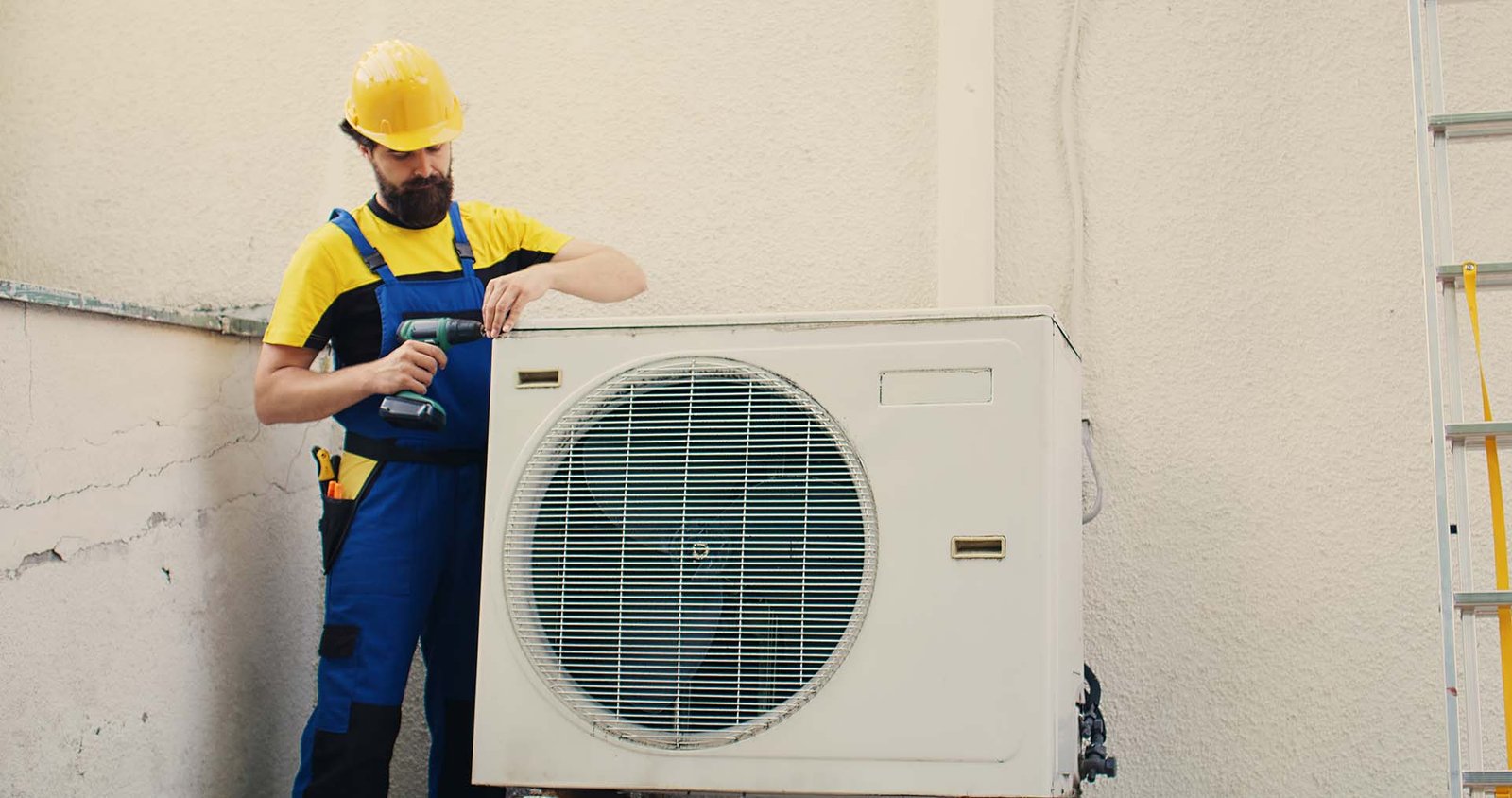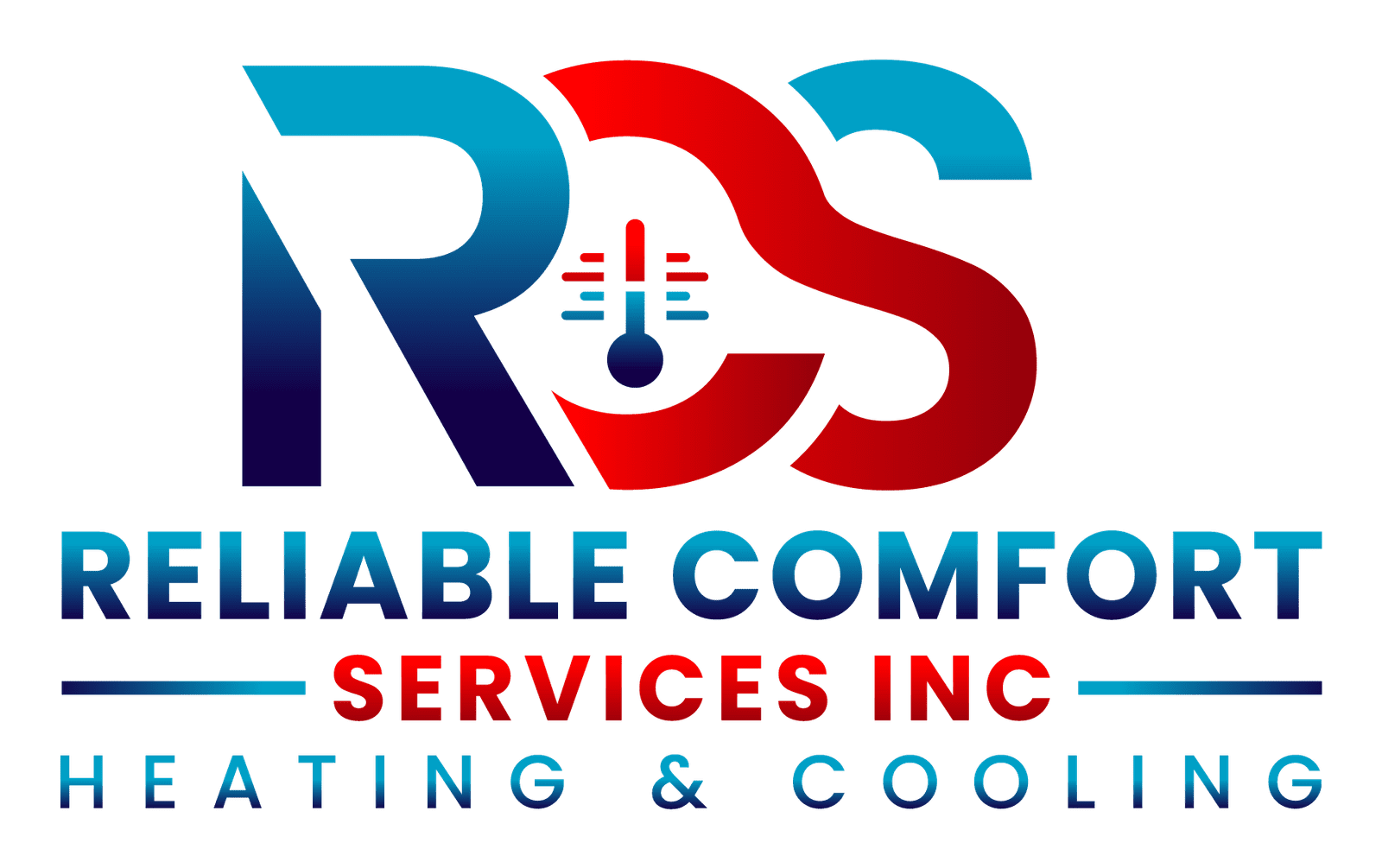
5 Signs Your Heat Pump Needs Repair or Replacement
If your house is too cold in winter or too humid in summer, your heat pump is likely not doing its job. But deciding whether it needs a simple fix or an entirely new unit isn’t always obvious. heat pumps are finicky; they run all year long and tend to fail quietly until something goes on the fritz.
Rather than waiting for a full-blown shutdown during a cold snap or heatwave, watch for warning signs. The following five signs of heat pump trouble can help you detect issues early and save money, comfort, and stress.
1. Your Energy Bills Keep Creeping Up
Most people don’t notice the spike at first. It’s ten bucks more one month, then twenty the next. Soon you’re paying twice as much for the same amount of heating or cooling. If your bills are gradually increasing without a change in your usage, your heat pump might be working too hard to compensate.
This generally means it’s lost efficiency. Perhaps the system is aging, or one of its components is faulty. In either case, it’s costing you more than necessary.
A technician can check if the system needs a thorough cleaning or if something more serious is draining its performance. In some cases, a complete heat pump replacement might be more cost-effective than living with high bills month after month.
2. The System Keeps Starting and Stopping
Short cycling is when your heat pump turns on, runs for a short time, shuts off, and starts again soon after. It’s hard on the machine, bad for comfort, and a big red flag.
Short cycling often means the unit is too big for your space or there’s something wrong inside, like a faulty thermostat, clogged filter, or failing compressor. You’ll probably notice uneven heating or cooling, higher humidity, and noise.
It isn’t just annoying; it can wear out your system much faster than normal. A proper diagnosis will help you decide whether a repair can fix the problem or if the system isn’t the right fit for your home anymore and you need a heat pump installation.
3. Strange Sounds or Smells Are Coming from the Unit
No appliance runs as silently as a ghost, but your heat pump shouldn’t sound like a lawn mower or smell like toasted bread. Unusual sounds like grinding, rattling, or buzzing typically mean loose parts or electrical issues. A burning scent may indicate something is electrically overheating.
These aren’t just quirks; left alone, they can lead to expensive damage or even safety risks. It’s better to shut the system down and call a professional before a small noise becomes a complete breakdown.
4. Your Home Feels Sticky, Uneven, or Just Wrong
A heat pump should keep your space comfortable and balanced—not too hot, not too cold. Maybe the fan isn’t moving air through the ducts well. Perhaps the sensors are off, or there is low refrigerant. Some homeowners also feel higher humidity within the home, indicating the dehumidifying function of the heat pump is not working properly.
Reduced comfort is usually one of the earliest signs that your system needs attention. You might get used to it at first, adjusting the thermostat or closing vents, but the system will continue to struggle and strain until something gives out without heat pump repair.
5. Your System Is Over 10–15 Years Old
Like any machine, heat pumps have a shelf life. Most systems last between ten and fifteen years if maintained well. After that, even if it’s still running, it’s not running as it used to.
An aging unit often becomes louder, less efficient, and more prone to breakdowns. You may find yourself calling the repair technician more often, patching up different parts each season. Eventually, those repairs add up, and replacing the whole system becomes a smarter investment.
Technology has come a long way, too. A new heat pump will likely be quieter, more energy-efficient, and easier to control. So if your system is pushing past its teens, it might be time to start thinking about an upgrade before it leaves you hanging on a bitter January morning.
When to Repair and When to Replace
Not every problem means it’s time to buy a new heat pump. Some issues are quick fixes, like replacing a capacitor, unclogging a filter, or topping off refrigerant. Others, like compressor failure or leaking coils, are more serious and expensive.
As a general rule, if the cost to fix your system is more than half the cost of a new one and the system is over ten years old, it’s often wiser to replace it.
But also think about the long-term heat pump service game. Will the fix last? Or are you likely to be back in the same spot next season?
Getting the Right Help Matters
Finding the right technician isn’t just about who’s closest or cheapest. Look for someone experienced with heat pump systems—not all HVAC professionals are created equal. Ask about licenses, insurance, and whether they’ve worked on your brand or model before.
A good technician will check the entire system, not just the noisy part. They’ll take time to explain what’s going wrong, what can be done now, and what might need doing later. Clear answers matter. Don’t settle for vague fixes or rushed jobs.
Don’t Let a Small Sign Turn Into a Big Problem
Your heat pump is easy to ignore until it stops doing its job. But if you pay attention to the early signs, you can avoid the stress, high costs, and freezing nights that come with sudden failures.
Rising energy bills, strange sounds, short cycling, and uneven comfort all mean something’s not quite right. And if your system is pushing past its tenth birthday, it’s time to weigh your options seriously.
Whether it’s a simple tune-up or time for a full replacement, the best decision is always the one made early—before you’re left in the cold or sweating through summer. Listen to what your home is telling you, and act before the system does it for you.
